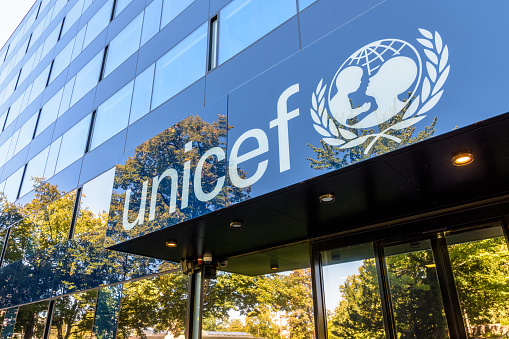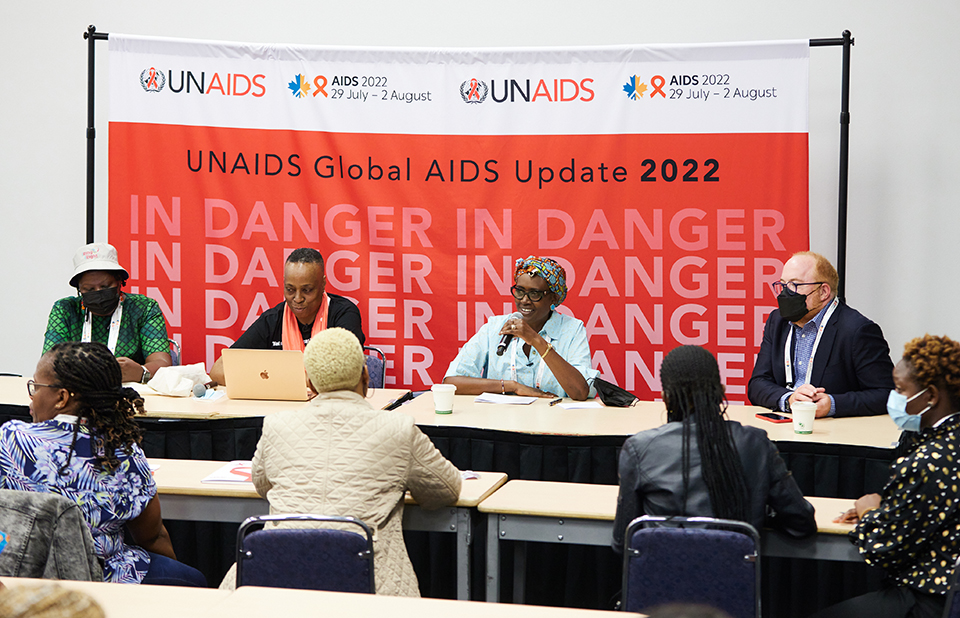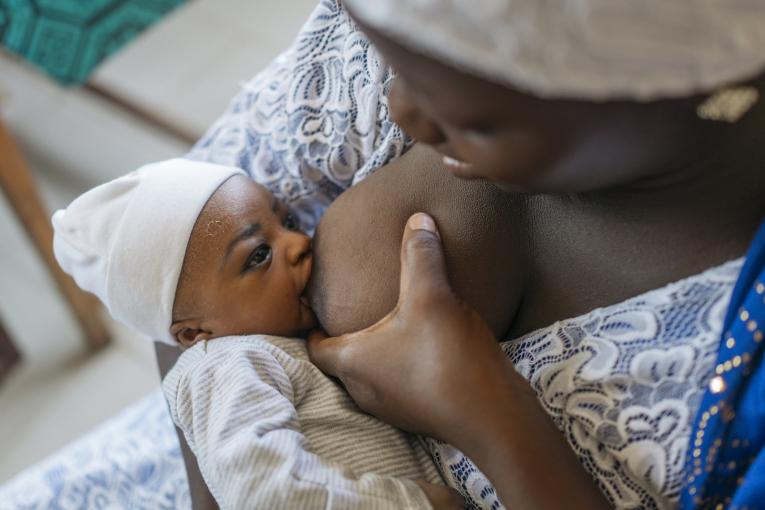Uganda receives US$1.5 million from Japan, UNICEF to improve its health information systems
Uganda receives US$1.5 million (approximately UGX5,710,860,000) in financing from the Japanese government, which will be distributed via the United Nations Children’s Agency (UNICEF) to help upgrade its national health information system with the use of cutting-edge digital health technology.
The funds will be used by the Ugandan Ministry of Health to establish a digitized health information microplanning system to solve issues in the delivery of vaccination services and to attain Universal Health Coverage (UHC).
A portion of the funds provided by UNICEF will also be utilized to implement a new health information system, which will assist in providing necessary vaccinations to children who are vaccinated insufficiently or not at all, as well as those who are targeted for COVID-19 vaccination.
1.3 million under-5 children in the trial districts of Kamuli, Kampala, Kamwenge, Lamwo, Mukono, Ntungamo, and Wakiso will benefit immensely from this innovation, as will 350 health care professionals and 60 Ministry of Health and Regional Referral Hospital officials.
UNICEF reports that a recent “zero-dose” assessment carried out in four metropolitan areas indicated that there is still a sizable percentage of children in Uganda that are either not vaccinated at all or are just partially immunized.
The funding will be applied to take advantage of cutting-edge digital technologies to enhance the provision of healthcare in the nation, including helping medical professionals organize their COVID-19 vaccine inventory and prepare for vaccination supply.
The initiative will be carried out in collaboration between UNICEF, the Ugandan Ministry of Health, the Uganda National Expanded Programme on Immunization, the Health Information Management Division, and the Community Health Department.
“Once the digital monitoring system is implemented, the Ministry of Health and partners will be able to increase the quality of services and coverage to reach the unimmunized and under-immunized wherever they are,” the United Nations agency stated.
Dr. Munir Safieldin, the UNICEF representative in Uganda, underlined the need for timely data collection to increase vaccination coverage, particularly through more precise estimations of the number and location of the target group at the grassroots level.
By the end of 2024, the project’s objectives must be accomplished. On a national basis, the effort will also help 10 million children under the age of five and 21 million vaccinated children between the ages of 12 and 18 who will get the COVID-19 vaccine.


